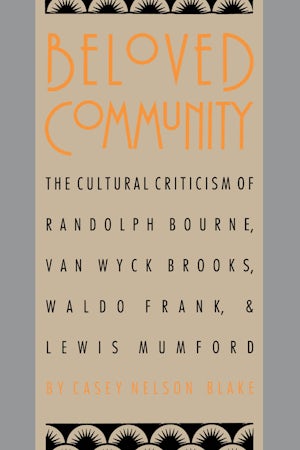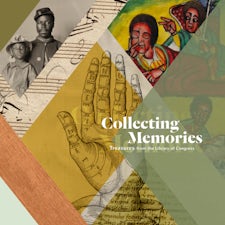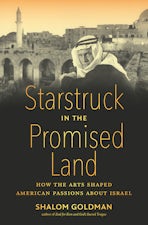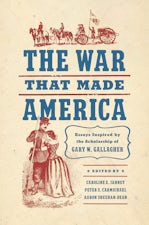Beloved Community
The Cultural Criticism of Randolph Bourne, Van Wyck Brooks, Waldo Frank, and Lewis Mumford
By Casey Nelson Blake
Foreword by Alan Trachtenberg
388 pp., 6 x 9
-
Paperback ISBN: 978-0-8078-4296-6
Published: October 1990 -
E-book EPUB ISBN: 978-0-8078-6042-7
Published: November 2000 -
E-book PDF ISBN: 979-8-8908-6457-4
Published: November 2000
Cultural Studies of the United States
Buy this Book
- Paperback $47.50
- E-Book $29.99
Awards & distinctions
A 1992 Choice Outstanding Academic Title
Blake draws on biography to emphasize the intersection of questions of self, culture, and society in their calls for a culture of "personality" and "self-fulfillment." In contrast to the tendency of previous analyses to separate these critics' cultural and autobiographical writings from their politics, Blake argues that their cultural criticism grew out of a radical vision of self-realization through participation in a democratic culture and polity. He also examines the Young American writers' interpretations of such turn-of-the-century radicals as William Morris, Henry George, John Dewey, and Patrick Geddes and shows that this adversary tradition still offers important insights into contemporary issues in American politics and culture.
Beloved Community reestablishes the democratic content of the Young Americans' ideal of "personality" and argues against viewing a monolithic therapeutic culture as the sole successor to a Victorian "culture of character." The politics of selfhood that was so critical to the Young Americans' project has remained a contested terrain throughout the twentieth century.
About the Author
Casey Nelson Blake is professor of history and American studies at Columbia University. His critical essays have appeared in the American Scholar, Dissent, the Nation, and other journals of opinion.
For more information about Casey Nelson Blake, visit
the
Author
Page.
Reviews
"This book will play an important role in the emergence of a communitarian, democratic theory of politics grounded in the American past with an eye toward the American future."--Telos
"[This] book is more than a history of an important movement in American cultural criticism; it is itself a work of cultural criticism."--Thomas Bender, Dissent
"A major contribution to debates about public culture, participatory democracy, and the relevance of intellectuals."--Journal of American History
"Bourne, Brooks, Frank, and Mumford were among the most penetrating of our social critics. Without minimizing their faults, Blake makes it clear why their work remains so important. His book is more than a contribution to historical scholarship; it is also a contribution to social criticism in its own right, one that will continue to be read long after most other studies of these authors are forgotten."--Christopher Lasch, University of Rochester
"Until Casey Blake came along, the conventional wisdom was that the Young Americans had already been 'done.' How wrong that was! In illuminating, for the first time, the unity Bourne, Brooks, Frank, and Mumford sought between the personal and the political, Blake combines psychological sensitivity and trenchant critique, painstaking textual analysis and broad interpretive range. His exploration of the tensions in his protagonists' vision of democratic community affords a far richer understanding of this important chapter in American intellectual life than scholars have ever had before."--Joan Shelley Rubin, State University of New York, College at Brockport




